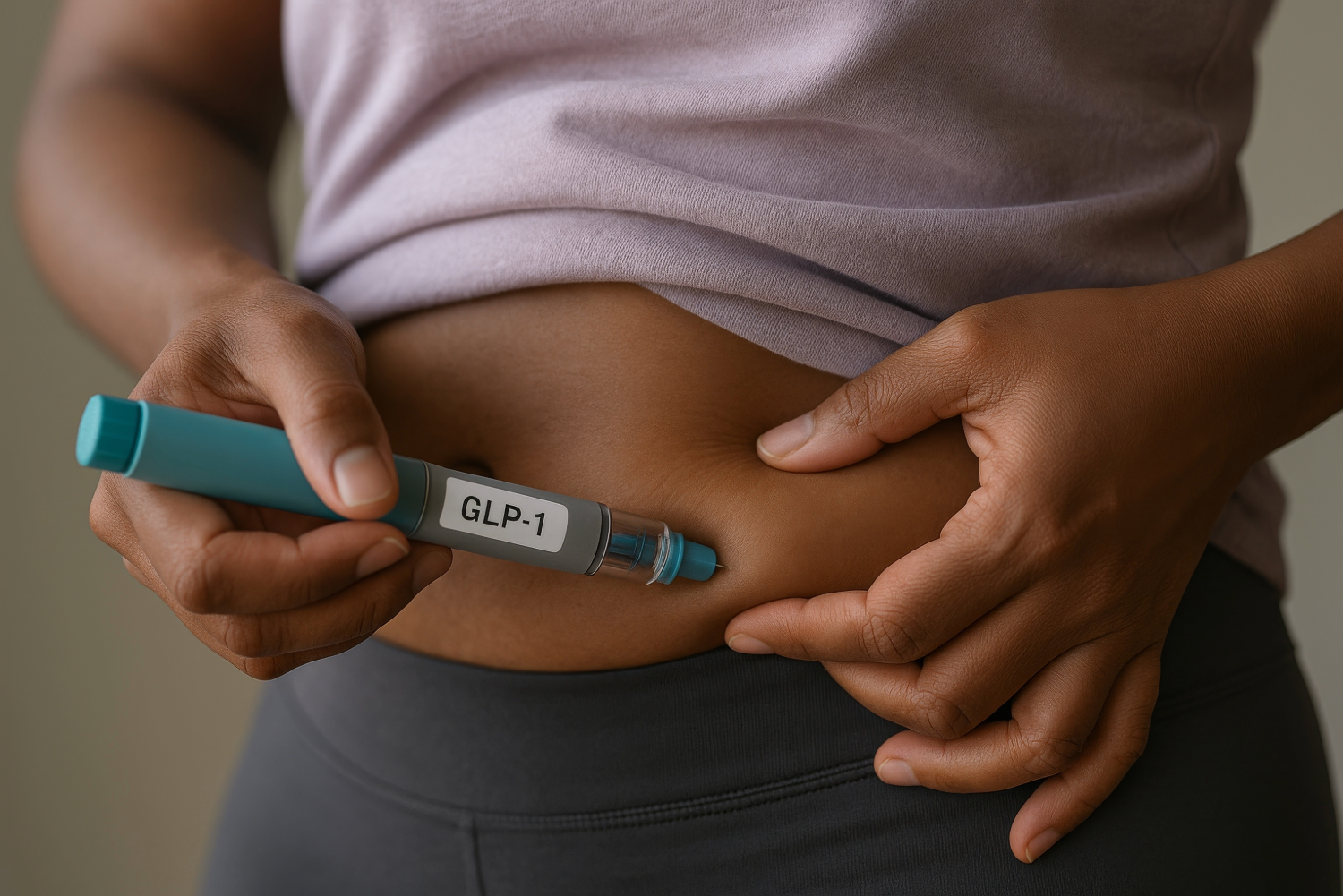News
Howard Head Sports Medicine's Stephanie Drew Talks Incontinence & Bladder Irritants
So you've been doing Kegels. Go you! Seeing improvements? I hope so! If not don't lose hope!
Let me tell you a little bit more about your bladder. Last column I mentioned a "feedback loop" between your pelvic floor and your bladder. The bladder is a hollow muscular organ that sits fairly low in your pelvis. When it fills with urine it stretches like a water balloon. When your bladder contracts your pelvic floor should relax and voila! You pee!
The reverse is also true. When your pelvic floor contracts it helps to inhibit bladder contraction and reduce the urge to pee. (Hence it's a bad idea to practice Kegels while peeing your body can't figure out if you're wanting it to go or to stop.)
There are three major types of incontinence.
- Stress incontinence: This is primarily a weakness issue. The pelvic floor is not strong enough to hold back urine against the forces of gravity and the pressure created by the bladder contracting. Think Kegels like we talked about last column.
- Urge incontinence: This is primarily a lifestyle issue. Your bladder is a sensitive fellow (gal?) and is easily irritated by things you eat or drink.
- Mixed incontinence: To state the obvious this is a mixture of stress and urge incontinence. You may have elements of both weakness and lifestyle irritants.
The Biggest Culprints
What are "lifestyle irritants"? The biggies are:
- alcohol
- caffeine
- tobacco
- artificial sweeteners
There may be other things that bother your specific bladder but this short list is a good place to start.
Basically what happens is that as your bladder fills these substances irritate the sensitive lining of the bladder. The bladder wants to get rid of the irritant so it contracts to empty itself. When the bladder contracts you get a strong urge to pee.
Keep Track of What You Eat and Drink Notice the Effects
What I usually tell my patients is to keep a diary of what they eat and drink for a few days. Do you notice that every time you eat/drink a certain thing you have more leakage? Try cutting it out for a few days and see if your symptoms improve.
Training Your Bladder
Another aspect of urge incontinence is the "mind over matter" aspect.
Bladders are vicious taskmasters. If you allow your bladder to dictate your schedule and start going to the bathroom before you really need to (a JIC or "just in case" trip to the loo) your bladder will start prompting you sooner and sooner to empty it. And you end up with a tiny bladder.
Don't worry this is not a physiological shrinking and it is quite reversible! We'll talk more about this next time. Sorry to leave you hanging...I know you're at the edge of your (toilet) seat but I'm out of words for this month!
Stephanie Drew DPT WCS is a physical therapist with Howard Head Sports Medicine in Edwards. She specializes in women's health pelvic floor rehabilitation and orthopedics. She can be reached at stephanie.drew@vvmc.com.
More News
-
New!
More

The Heart of It All: How Cardiovascular Health Shapes Longevity
Most of us know a healthy heart will increase our chances for a long and vital life, but how many of us truly understand how to live for a healthy heart? According to the American Heart Association, heart disease remains the number one cause of death, for both men and women, in the United States.
-
New!
More

GLP-1s and Your Health Journey: What You Need to Know
Interest in GLP-1 agonist medications, once used almost exclusively for diabetes, is soaring. Now widely referred to as weight loss injections, drugs like semaglutide (Ozempic, Wegovy) and tirzepatide (Mounjaro, Zepbound) are ubiquitous in celebrity chatter, social media and everyday patient conversations. But as demand grows, it’s increasingly important to separate hype from reality. Who qualifies for these drugs under FDA guidelines? When are they helpful? And when might carefully supported lifestyle changes offer a safer or more sustainable path?
-
New!
More

Back on the Slopes: How to Recover Physically and Mentally After a Ski or Snowboard Injury
Living in a ski town, injury is inevitable. Recovery isn’t just about regaining strength, it’s about building trust in your body. The best path back to skiing blends physical training with mental conditioning, patience with persistence. With the expert teams at Vail Health - from Howard Head Sports Medicine to Vail Health Behavioral Health - recovery is more than healing; it’s coming back stronger, smarter and more confident than before.





